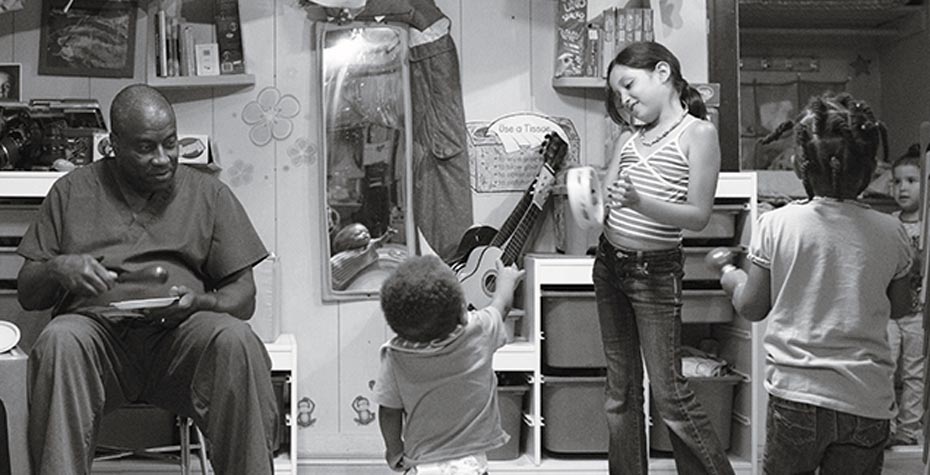Rosanna Hertz Talks to Pacific Standard on the Rise of Near 24/7 Child Care

Nearly 40 percent of Americans work non-standard hours, or hours outside of the typical 9 to 5 timeframe. These nonstandard hours are particularly common among low income workers, who may be more hesitant to turn down jobs or shifts with unusual schedules. These scheduling arrangements can create issues for families—and especially for families with young children.
“We are a society that is geared to the assumption that adults are employed standard hours, and that is when children need care,” Rosanna Hertz, Class of 1919 – 50th Reunion Professor of Sociology and Women’s and Gender Studies, tells us in an email. “Nonstandard work hours are, in fact, quite standard these days.”
Hertz was quoted in an article in this month’s Pacific Standard about The Rise of Extreme Daycare. The centers that the article dubbed “extreme” can be open 24 hours a day, seven days a week, serving children who need overnight or even near-around the clock care.
“We may have 24/7 work hours but we don't have 24/7 services for those individuals,” Hertz says. “We can bank and shop online and post on Facebook any time, but caring for human beings and making face-to-face connections is more difficult, as is nurturing and caring for the young and the old.”
In the past, parents might have depended on family members or their social networks, but times are changing. Hertz tells Pacific Standard that social networks “depend on reciprocity.” Adding, “[I]f you are working all those hours, what can you reciprocate? You can’t offer your neighbors or your sister much; you’ve overspent your welcome.”
Hertz has been writing about shift workers for many years as part of her work on understanding the way families weave together employment and home life. Through her work, she examines unequal time between different types of occupations and how it affects different kinds of families. Her current research is on social and biogenetic factors in families.
You can read The Rise of Extreme Daycare in the November/December 2014 issue of Pacific Standard magazine.
